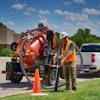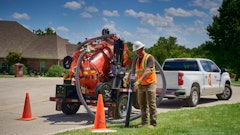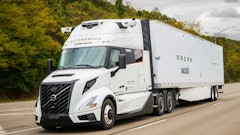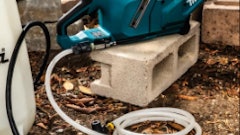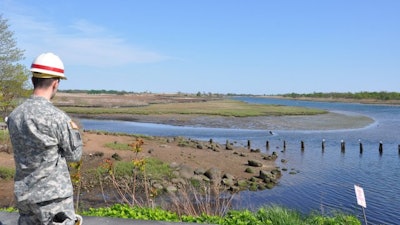
On March 2, the U.S. Court of Appeals for the 10th Circuit struck down an earlier ruling by a federal judge in Colorado that had prevented the Navigable Waters Protection Rule (NWPR) from taking effect in that state. The ruling provides a clearer understanding of how far federal jurisdiction extends over U.S. water bodies, eliminating potentially costly delays in transportation system upgrades, according to the American Road & Transportation Builders Association (ARTBA) and National Stone, Sand & Gravel Association (NSSGA).
The U.S. Environmental Protection Agency (EPA) and the Department of the Army (Army) published the Navigable Waters Protection Rule in the Federal Register in April 2020, finalizing a revised definition of “waters of the United States” under the Clean Water Act. The NWPR was meant to provide clarity to federal wetlands regulations and reduce delays to important transportation improvements by exempting most roadside ditches from federal jurisdiction. It streamlined the definition so that it includes "four simple categories of jurisdictional waters, provides clear exclusions for many water features that traditionally have not been regulated, and defines terms in the regulatory text that have never been defined before."
However, in June 2020, the U.S. District Court for the District of Colorado granted preliminary injunction against the rule, staying the effective date in the state of Colorado, which had argued in its filing that the rule "conflicts with the text of the Clean Water Act, contravenes controlling Supreme Court precedent, contradicts the Act’s objective, and ignores sound science." The March 2 decision strikes down the earlier ruling, allowing the NWPR to take effect.
The decision comes at a critical time for the transportation industry, said David Bauer, ARTBA president and CEO. “The clarity provided by NWPR will help deliver transportation projects more efficiently as the country considers infrastructure’s role in our recovery from the pandemic," he stated.
“NSSGA’s aggregate producers need clear rules to provide aggregates necessary for vital infrastructure projects,” added Mike Johnson, NSSGA president and CEO. “Our members are also good stewards of our water resources, resulting in the water leaving an aggregates operation often being cleaner than what came out of the tap. This ruling provides the clarity our members need to build America’s infrastructure.”
ARTBA and NSSGA, along with other national association coalition allies, have long maintained that ditches adjacent to roadways serve the necessary safety function of collecting water during and after rain events and should not be regulated as traditional wetlands, which are typically not man-made nor fulfill a specific safety function. The NWPR replaced the EPA’s overly broad 2015 “waters of the United States” regulation, which was blocked by federal courts in 28 states before it was repealed.
Colorado was the only state not to enact the NWPR after a lower court held the rule could cause “irreparable harm” to the state’s waters. Litigation over the NWPR continues in multiple district courts across the country, but the 10th Circuit ruling means the NWPR takes effect nationwide while that litigation proceeds. ARTBA and NSSGA continue to participate in multiple court cases defending the rule.
Based on content provided by the American Road & Transportation Builders Association.




